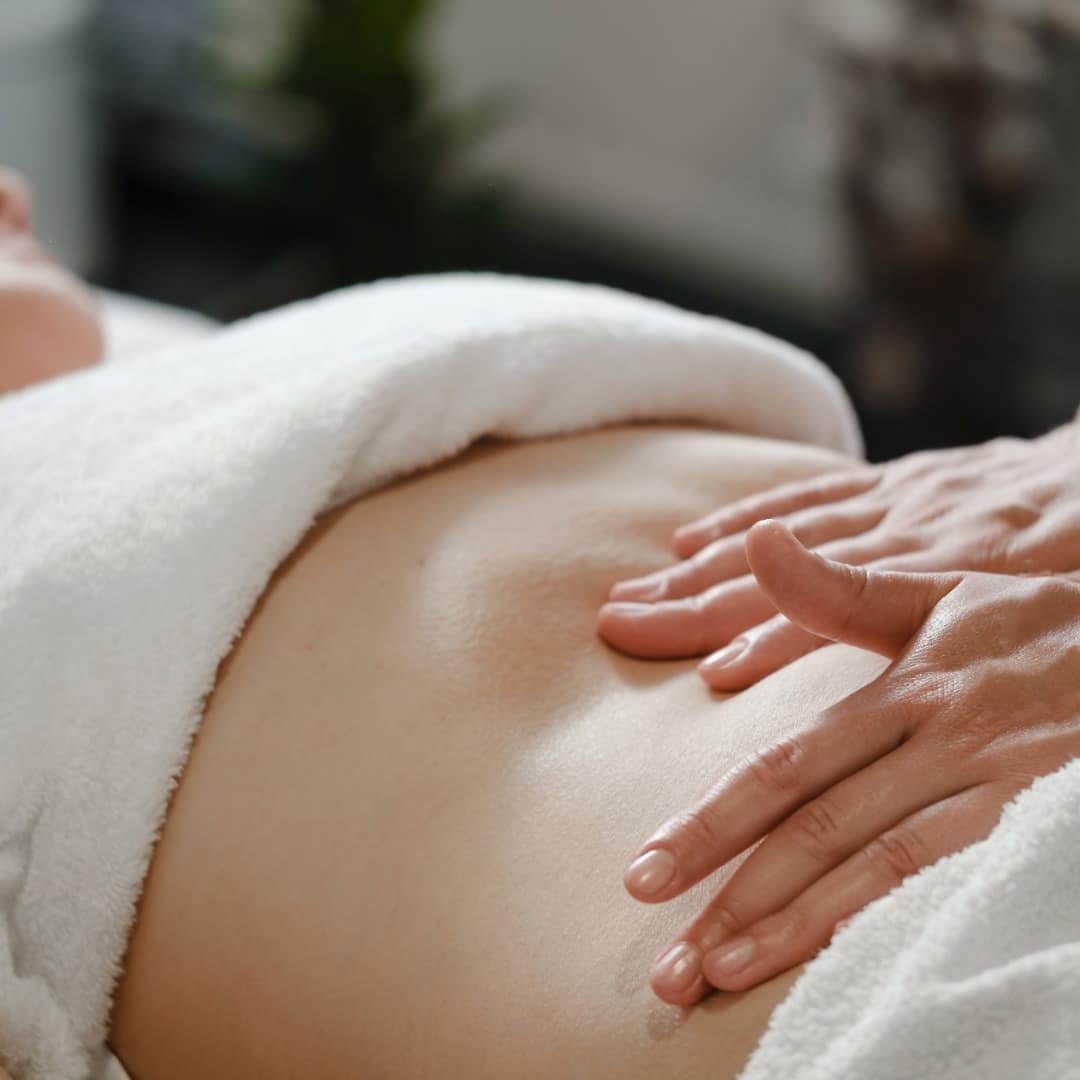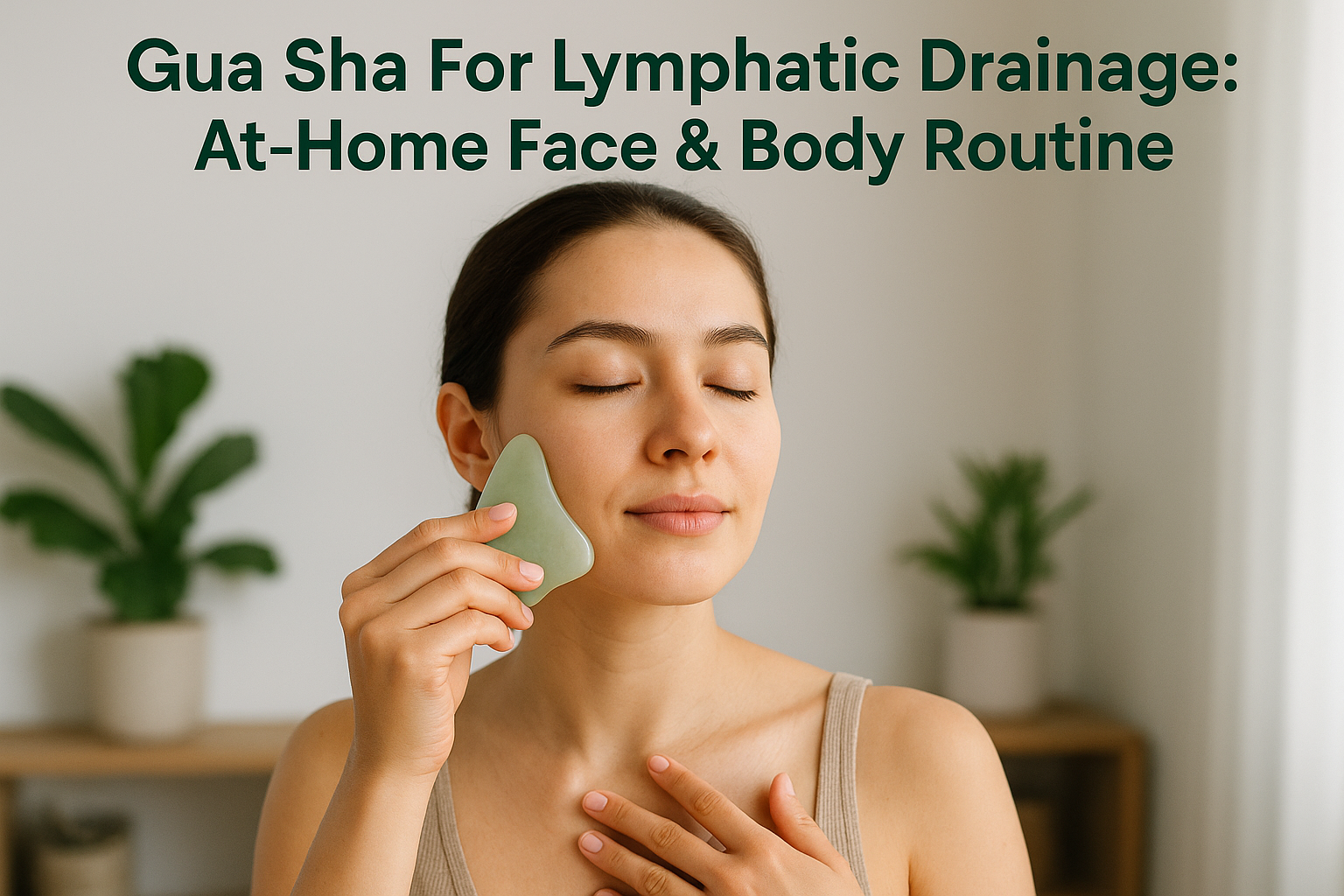Nothing hurts worse than getting a mini-asteroid stuck where your pee comes out.
That can happen in the case of a kidney stone. Kidney stones (also called renal calculi) are hard deposits made of minerals and salts that form in the kidneys. The condition is referred to as “nephrolithiasis” or “urolithiasis”. Stones form when urine becomes concentrated, allowing minerals to crystallize and stick together.
“There’s one thing I’ve found in common with every client diagnosed with kidney stones, regardless of diet, body weight, or additional medical conditions. They don’t drink enough water!”
Kidney stones can affect any part of the urinary tract, from the kidneys, ureters, and bladder to the urethra. Sometimes a stone is small enough to pass from the kidneys through the urinary tract and be expelled upon urination. Depending on the size and location of a kidney stone, passing one can be not only extremely painful but also debilitating.
Doctors most often recommend nothing more than pain medication and plenty of water in an attempt to rectify the situation. It is not uncommon to be prescribed additional medications for the nausea and even more medications for the side effects that the nausea medications cause. A stone lodged in the urinary tract is usually a temporary condition and will pass on its own. In other cases, a medical procedure may be required.
Signs and symptoms
A kidney stone usually will not cause symptoms until it can move around in the kidney or until it passes into the tubes connecting the kidneys and the bladder (ureters). If it becomes lodged in the ureters, it can block the flow of urine, causing the kidney to swell and the ureter to spasm. Infection may result. The following signs and symptoms could appear at any time:
⦁ Severe, sharp pain in the side and back (below the ribs)
⦁ The pain spreads to the lower abdomen and groin
⦁ Pain that comes in waves and fluctuates in intensity
⦁ Burning or pain sensation while urinating
⦁ A persistent need to urinate more often than usual or urinate in tiny amounts
Other signs and symptoms (generally more common with infections) may include:
⦁ Pink, red, or brown urine
⦁ Cloudy or foul-smelling urine
⦁ Nausea and vomiting
⦁ Fever and chills
* As the kidney stone passes through the urinary tract, the pain caused by it may migrate to a different area or increase in intensity.
Wouldn’t it be great if there were a pill that could just dissolve kidney stones?
Wouldn’t it be great if there were a pill that could just dissolve kidney stones? Well, guess what? There is! GallbladClear by Active Herb not only dissolves gallstones, but it dissolves kidney stones just as well! I’ve found that this Chinese herbal formula dissolves kidney stones no matter where they are lodged in the urinary tract. The formula is useful in acute stages and works well as a preventative. Contact me for dosages and other helpful information.
Get medical help to dissolve kidney stones immediately if you experience:
⦁ So much pain that you can’t sit still or find a comfortable position
⦁ Pain accompanied by nausea and vomiting
⦁ Aches and fever with chills
⦁ Blood in your urine
⦁ Difficulty passing urine
I’ve never seen apple cider vinegar or lemon juice do anything for gallstones, kidney stones, or gout.





